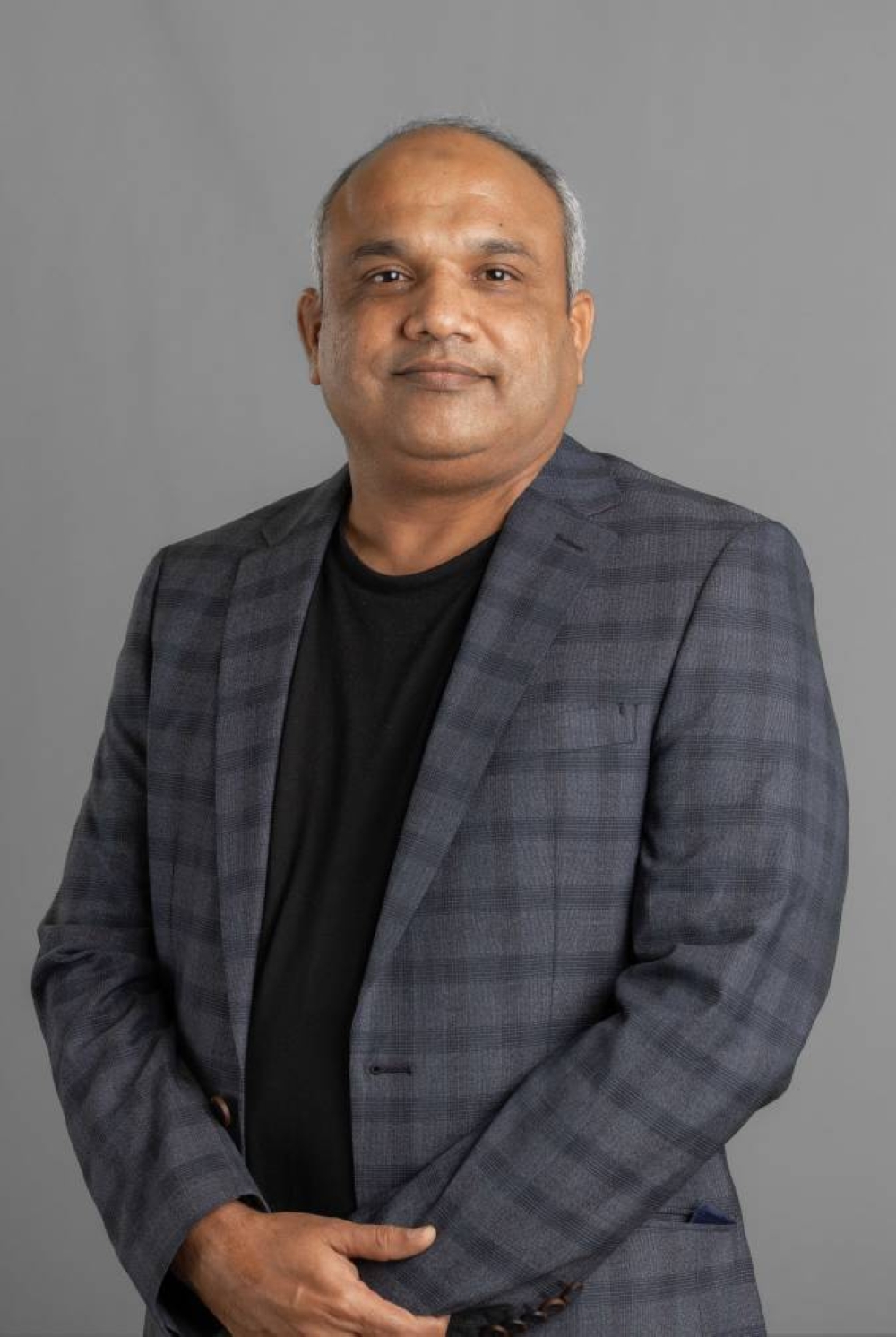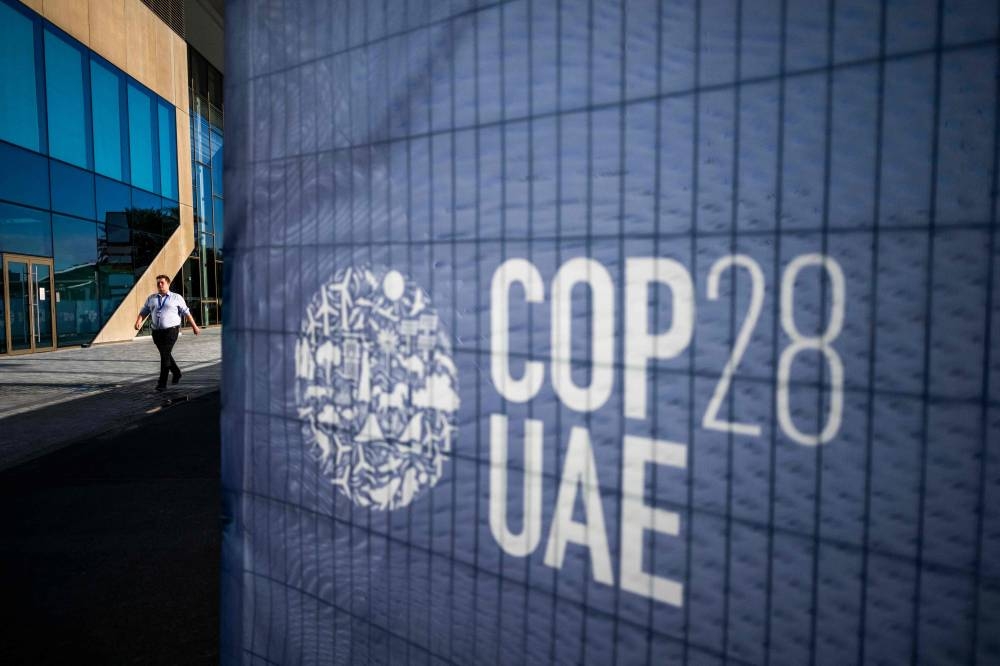
Dr Azhar Siddique

Taking place in the United Arab Emirates, the 28th iteration of the Conference of the Parties (COP28) is not just another conference but a pivotal moment in our global conversation on climate change. World leaders and environmental experts are coming together with a shared goal – to keep our planet’s warming within that crucial 1.5C limit, a target that’s not just a number but a beacon of hope for our collective future.
COP28 is where the world will accelerate its shift to renewable energy in a way that includes everyone. Think of it as changing how we power our world and redefining who benefits from this change. The conference is also about beefing up climate governance – making policies more robust, effective, and better suited to tackling the climate crisis.
COP28 is also about charting a future where our planet and health are in harmony. For Gulf Co-operation Council (GCC) states, it is a moment to lead and show how a region known for its harsh climate can be at the forefront of climate resilience and innovation.
Save the dateOn December 3, global climate discussions will for the first time make room for a vital player – public health. Organised by the World Health Organisation (WHO), Wellcome Trust, and other partners, COP28’s Health Day is more than a symbolic nod; it’s a full-blown, agenda-setting event, putting the health impacts of climate change front and centre of proceedings.
Health Day’s mission is about showcasing how every temperature rise and policy shift towards renewable energy directly touches our lives and well-being. The day will be a melting pot of ideas, where ministers rub shoulders with healthcare professionals, civil society’s voice resonates with business leaders – all in the hope of forging a united path of resilience and recovery in the face of climate challenges.
Closer to home, Qatar is stepping up by aligning its public health initiatives with the broader vision of COP28 and Qatar National Vision 2030, including efforts to combat heat stress and enhance air quality. It is a commitment that echoes across ministries, knitting together the environment, health, and climate change policies into a tapestry of proactive leadership.
Health Day also promises a kaleidoscope of events – from high-stakes discussions on political and financial commitments to deep dives into the health effects of climate change. It’s a day where saving lives meets ambitious emission reductions, where finance gurus and health experts converge to chart new courses of action. And let us not forget the mental health impacts of climate change, a topic as pressing as it is overlooked.
Broader implications
COP28’s first Health Day is more than a landmark; it’s a game-changer for global climate dialogues. Imagine a world where public health is intertwined with climate action – that is the vision COP28 is championing. It is not just about tackling climate change but about sculpting health systems resilient enough to withstand and adapt to these changes.
This initiative opens doors to new collaborative frontiers, where states pool knowledge and drive innovations in healthcare that stand up to the rigours of climate change. It is a call to embed health considerations deeply within climate governance, shaping policies that are as much about human well-being as environmental sustainability. This holistic approach, emphasising the One Health concept and fostering trans-disciplinary research, resonates strongly with the GCC’s sustainable development goals, particularly Qatar’s, leading the charge toward a future where climate resilience and public health are truly on the same side.
Challenges and opportunities
Merging health with the climate agenda, as COP28’s Health Day ambitiously does, is like navigating a ship through uncharted waters – it is fraught with challenges but brimming with opportunities. One of the biggest hurdles will be securing enough funds, especially for those countries still finding their footing on the global stage. The disparity in resources and expertise across states and regions also adds complexity, demanding a concerted effort to level the playing field.
However, in these challenges lie incredible opportunities. Imagine transforming healthcare to withstand and thrive in the face of climate adversity. This integration could revolutionise public health outcomes, pushing healthcare innovation into overdrive, especially in dealing with region-specific issues like extreme heat and air quality concerns. It is a chance for Qatar to lead by example, using its technological prowess to craft healthcare systems that are as resilient as they are forward-thinking. In this landscape, GCC countries are not just participants but trailblazers, setting the pace for a world where health and climate resilience go hand in hand.
As the curtains close on COP28, its first Health Day should ideally be regarded as a pivotal chapter in our global climate narrative. This day, which interweaves public health into the fabric of climate discourse, resonates deeply within Qatar and wider the GCC. The road ahead is lined with challenges such as financial constraints and regional inequities, yet the horizon is bright with prospects of enhanced health outcomes and medical innovation. This watershed moment calls for a united front – governments in the GCC, research entities, businesses, and everyday people all joining forces to embrace initiatives emanating from COP28. It is a collective journey towards a vision where our planetary and societal health are fully in sync, with Qatar and the GCC leading the way to a robust and healthy future.
lDr Azhar Siddique is a scientist at Hamad Bin Khalifa University’s Qatar Environment and Energy Research Institute.
[The thoughts and views expressed are the authors’ own and do not necessarily reflect an official university stance.]
About Hamad Bin Khalifa University
Innovating Today, Shaping Tomorrow
Hamad Bin Khalifa University (HBKU), a member of Qatar Foundation for Education, Science, and Community Development (QF), was founded in 2010 as a research-intensive university that acts as a catalyst for transformative change in Qatar and the region while having global impact. Located in Education City, HBKU is committed to building and cultivating human capacity through an enriching academic experience, innovative ecosystem, and unique partnerships. HBKU delivers multidisciplinary undergraduate and graduate programs through its colleges, and provides opportunities for research and scholarship through its institutes and centers. For more information about HBKU, visit www.hbku.edu.qa.
